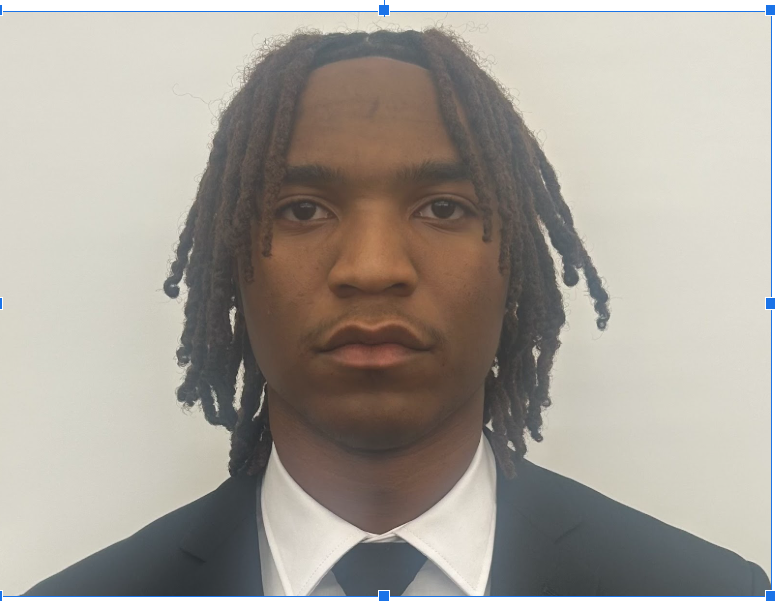This is a bit about me! My name is Corey, and I am a 19-year-old sophomore at ODU. I enjoy music, exercise, and overall having a good time! Cybersecurity interests me because it is still a relatively new area, and I have always been intrigued by technology. It would be nice to enter a career revolving around technology and its defense.

Write-ups/discussion board posts
Discussion Board: Opportunities for Workplace Deviance
Computer technology has introduced many new possibilities for deviance in the workplace, such as rule violations or acting in a manner that hurts the company. Deviance is achieved through computer abuse or internet abuse at work. For example, workers spend hours on social networks, shopping online, or viewing movies while on duty instead of focusing on work. It takes time and resources from the company. A good example is when workers use technology to steal. They can copy confidential documents, customer data, or business plans and forward them to others or use them for personal gain. Cyber technologies make it easy to conceal such activities, which can be dangerous for businesses.
Discussion Board: The “Short Arm” of Predictive Knowledge
In cybersecurity, the “short arm” of predictive knowledge, Jonas’ idea that we can’t know the long-term impact of new technology, calls for prudent and responsible handling of cyber-policy and infrastructure. Because cybersecurity threats are fast-moving and unforeseen, policy must be designed with the recognition that we can’t possibly know all outcomes or risks. Jonas would challenge us to take moral responsibility for future consequences. This involves bringing not just the technology experts and ethicists into the policy-making mix, but public interests, in terms of decision-making regarding surveillance, data collection, and deployment of AI systems with a mind for long-term social implications and not merely convenience or profit. Jonas warns that we need to be prudent, responsible, and visionary when approaching cybersecurity, we are at most risk of what we do not see and anticipate.
Discussion Board: From Verbeek’s writing (Mod 6, Reading 4) Designing the Public Sphere: Information Technologies and the Politics of Mediation
As technology advances, the world is transforming in enormous ways. The day-to-day items like phones, vehicles, and even home appliances are internet-based and can make smart choices. This phenomenon is known as intelligification, and it just means that technology is starting to impact our choices. At the same time, governments are increasingly unable to keep up with everything and cannot control everything. Therefore, we need new mechanisms to make sure that companies, online communities, and individuals use technology in a safe and fair manner. Companies and markets need to be held responsible for integrating safety and fairness into their products. Smart cars, for example, should automatically follow regulations. Online communities need to work together to stop harmful activity and the spread of disinformation. And individuals have to be careful how they employ technology and release information. Where everything is integrated and the government cannot do everything, everyone has to help safeguard others and be responsible using technology.